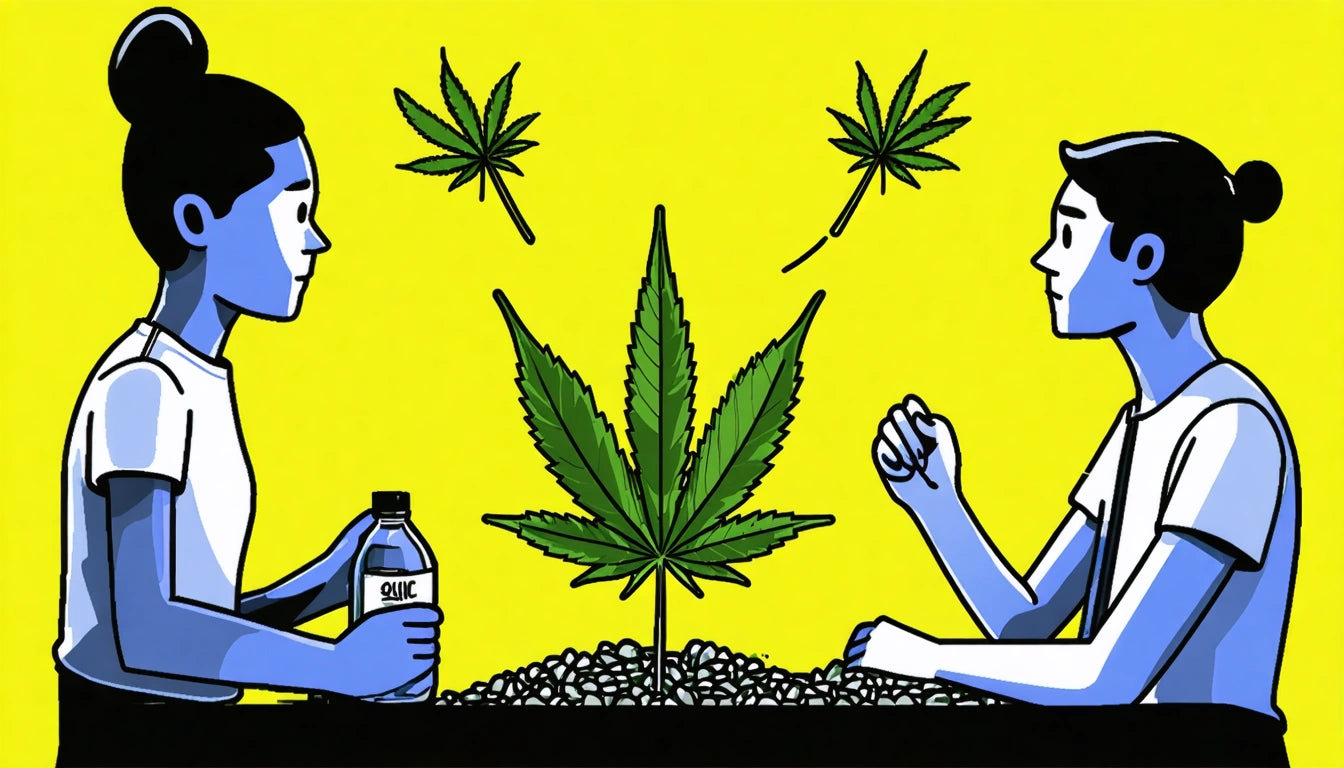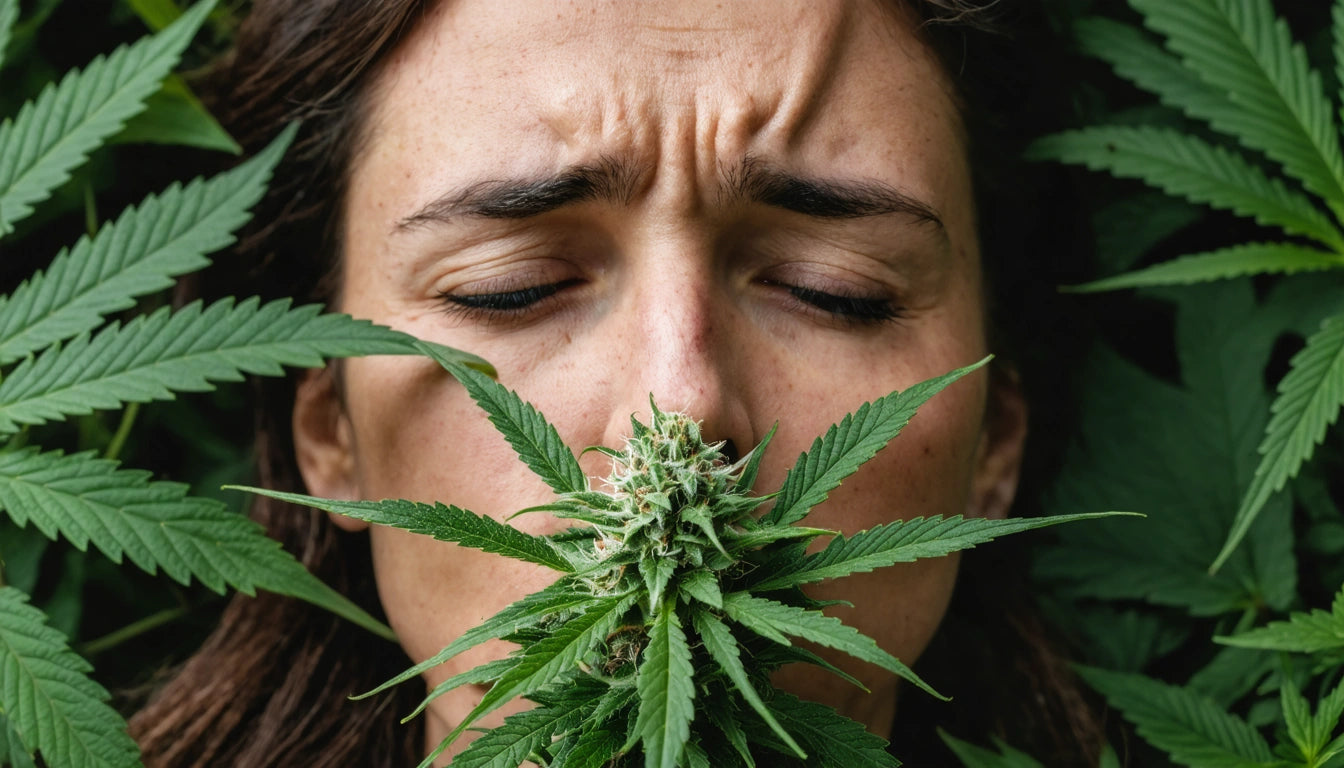Table of Contents
- Understanding Cannabis Overdose: Facts vs. Fiction
- Theoretical Lethal Dose: How Much Weed Would Kill You
- Cannabis Overconsumption: Symptoms and Risks
- High-Risk Scenarios: When Cannabis Consumption Becomes Dangerous
- Safety Measures: Preventing Overconsumption
- Medical Perspective: What Research Tells Us About Cannabis Safety
Can You Overdose on Weed? Understanding Lethal Dosages and Safety
The question of how much weed would kill you has circulated among cannabis users and researchers for decades. While cannabis is widely considered one of the safest recreational substances, misconceptions about its potential lethality persist. This article examines the science behind cannabis overdose, theoretical lethal dosages, and practical safety considerations.
Understanding Cannabis Overdose: Facts vs. Fiction
The term "overdose" typically refers to consuming a substance in quantities that produce life-threatening effects or death. With cannabis, this definition requires nuance. Unlike opioids or alcohol, which can suppress respiratory functions at high doses, cannabis affects the body differently.
According to research on cannabis overdose risks, there have been no confirmed cases of death solely attributed to cannabis toxicity in otherwise healthy individuals. This is primarily because cannabinoid receptors, unlike opioid receptors, are not located in brainstem areas controlling respiration.
Theoretical Lethal Dose: How Much Weed Would Kill You
Scientists measure a substance's toxicity using the LD50 (lethal dose for 50% of the population). For THC, the primary psychoactive compound in cannabis, animal studies suggest an extremely high theoretical LD50.
The Math Behind Lethal Cannabis Consumption
Based on extrapolations from animal studies, the estimated lethal dose of THC for humans would require consuming approximately 15,000 to 70,000 mg of THC in a very short period. To put this in perspective:
- A typical cannabis flower contains 15-25% THC
- A strong cannabis edible might contain 100mg THC
- Even high-potency concentrates rarely exceed 90% THC
This means a person would need to consume thousands of times the standard recreational dose in a matter of minutes to hours, making a purely THC-induced fatality practically impossible through conventional consumption methods.
Cannabis Overconsumption: Symptoms and Risks
While a lethal overdose is virtually impossible, consuming too much cannabis can produce highly uncomfortable and sometimes frightening effects. Recognizing overconsumption symptoms is important for all cannabis users.
Common Symptoms of Consuming Too Much Cannabis
- Extreme anxiety or paranoia
- Rapid heart rate
- Disorientation and confusion
- Nausea and vomiting
- Hallucinations or delusions
- Tremors
- Temporary psychosis-like symptoms
These symptoms, while distressing, are typically temporary and resolve as the cannabis is metabolized. However, they can lead to accidents or poor decision-making that might indirectly cause harm.
High-Risk Scenarios: When Cannabis Consumption Becomes Dangerous
While the direct toxicity of cannabis is minimal, certain scenarios increase risk:
Contaminated Products
Cannabis products from unregulated sources may contain pesticides, heavy metals, synthetic cannabinoids, or other harmful substances. These contaminants can pose serious health risks. Using proper filling equipment for cannabis products helps manufacturers maintain consistency and safety standards, reducing contamination risks.
Pre-existing Health Conditions
Individuals with cardiovascular conditions may experience complications from cannabis-induced increases in heart rate and blood pressure. Similarly, those with certain psychiatric conditions might experience worsened symptoms.
Combining with Other Substances
The combination of cannabis with alcohol, opioids, or other depressants can amplify respiratory depression effects and create dangers not present when using cannabis alone.
Safety Measures: Preventing Overconsumption
Understanding appropriate cannabis dosages is essential for safe consumption. Here are key safety practices:
Start Low, Go Slow
Particularly with edibles, where effects can take 30-90 minutes to manifest, starting with a low dose (5-10mg THC) and waiting before consuming more prevents accidental overconsumption.
Know Your Products
Purchase cannabis from licensed dispensaries where products undergo testing for potency and contaminants. Understanding the THC:CBD ratio can also help predict effects.
Create a Safe Environment
Consume cannabis in a comfortable setting with trusted individuals, especially when trying new products or methods of consumption.
Be Mindful of Consumption Method
Inhalation methods (smoking, vaping) provide more immediate feedback on effects than edibles, making it easier to gauge appropriate dosage.
Medical Perspective: What Research Tells Us About Cannabis Safety
From a medical standpoint, cannabis has an exceptional safety profile compared to many prescription and recreational drugs. Research on cannabis fatality risks consistently shows that direct physiological toxicity is extremely low.
However, this doesn't mean cannabis use is without risks. The most significant concerns relate to:
- Impaired driving and operation of machinery
- Potential developmental impacts on adolescent brains
- Psychological dependence in some users
- Exacerbation of certain mental health conditions
These risks, while important to acknowledge, are distinct from the question of lethal overdose potential. The truth about cannabis-related deaths is that they typically involve secondary factors rather than direct toxicity.
Understanding how much weed is lethal is less important than recognizing the real-world risks of cannabis use, which primarily relate to behavior while intoxicated rather than pharmacological toxicity. With proper education, responsible use guidelines, and quality control in production, cannabis can be used with a high degree of safety compared to many other psychoactive substances.











Leave a comment
All comments are moderated before being published.
This site is protected by hCaptcha and the hCaptcha Privacy Policy and Terms of Service apply.